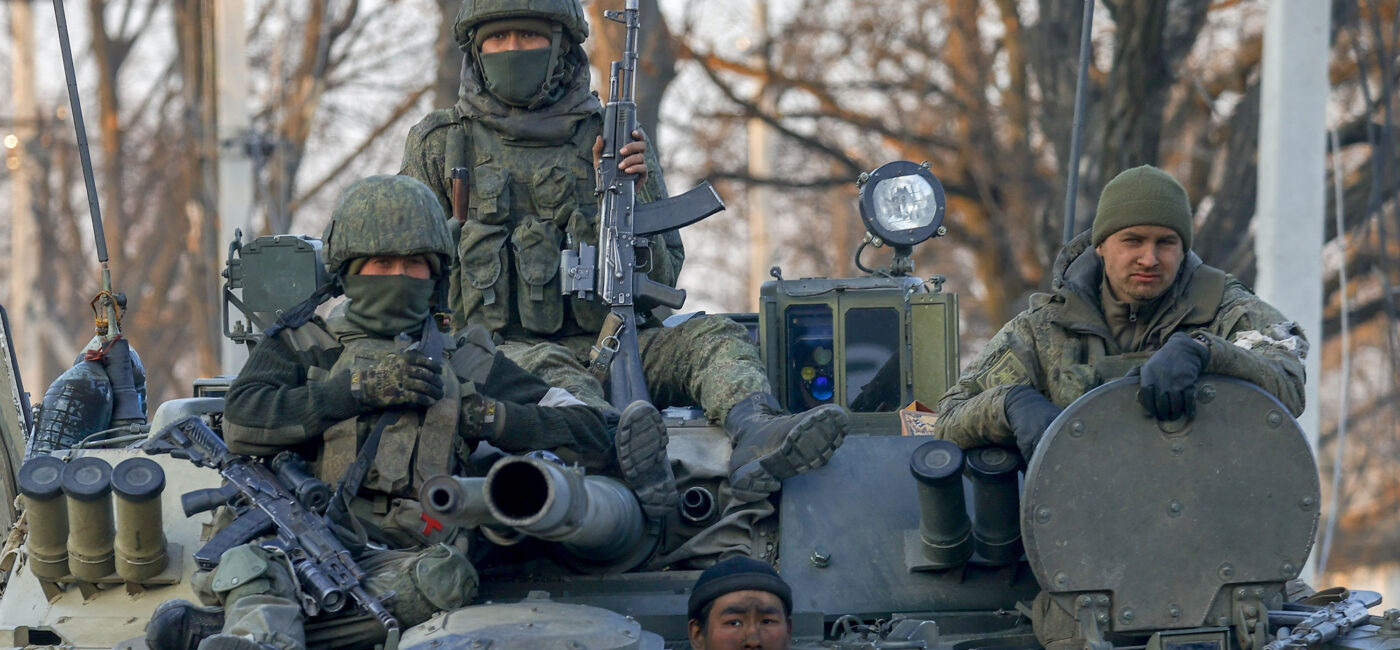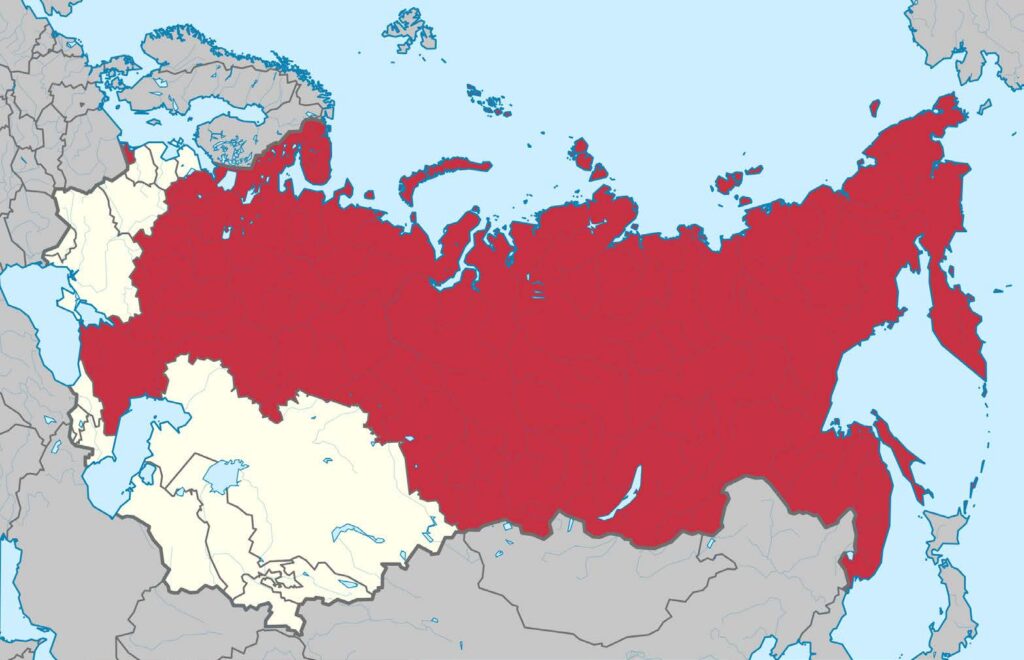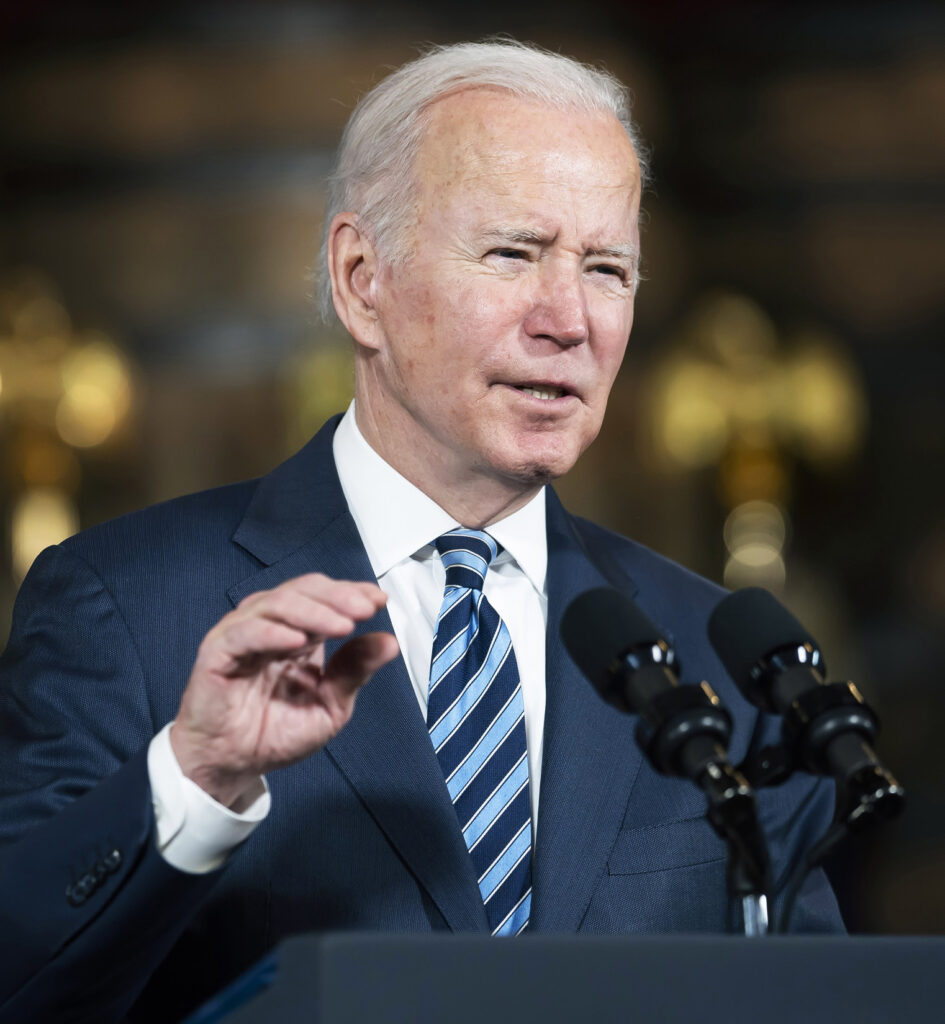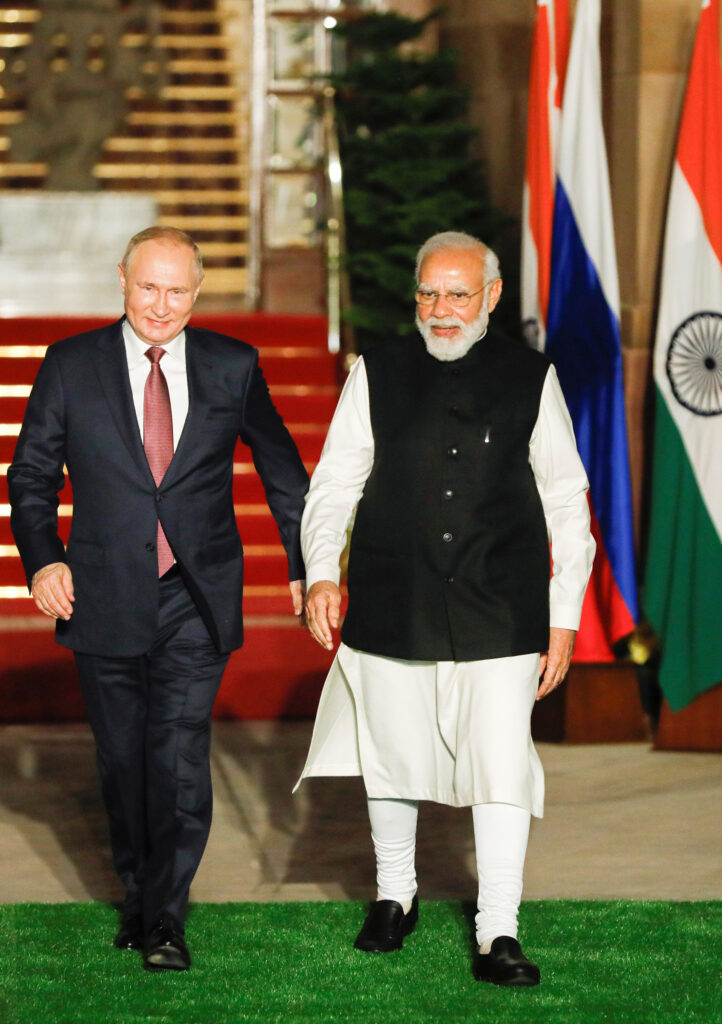General Upendra Dwivedi Takes Command As Chief Of The Army Staff
July 2, 2024

Though this senseless and unjust war continues to rage with increasing ferocity, nations, professional militaries and strategic analysts will naturally be studying each and every aspect of this conflict. Some early lessons have emerged from the battles being fought in Ukraine and it will be prudent to analyse these and many others which may emerge.
Over 33 days into the extraordinarily destructive Russian-Ukrainian conflict which shows no sign of abating, not only these two nations and Europe but the world, at large, is on the cusp of a global conflagration with nuclear overtones. Nations go to war for myriad reasons, primarily to ensure their territorial integrity or protect their critical economic interests and, as in medieval times, to further their imperial designs. What prompted Russian President Vladimir Putin to launch his mighty armed forces into a much weaker neighbouring country will always engage nations and students of geopolitics in the years ahead. Despite humungous destruction to Ukrainian cities, infrastructure and the displacement
of millions of innocent Ukrainians, the trajectory and the results of the current Russian-Ukrainian conflict remains dangerously uncertain. Unquestionably, this conflict has witnessed death and destruction in Europe as never before since World War II ended in 1945.

Though this senseless and unjust war continues to rage with increasing ferocity, nations, professional militaries and strategic analysts will naturally be studying each and every aspect of this conflict. Some early lessons have emerged from the battles being fought in Ukraine and it will be prudent to analyse these and many others which may emerge.
Background Of Russian- Ukrainian Rivalry
The Union of Soviet Socialistic Republics (USSR) was formed on 30 December 1922 after the total decline of Tsarist Russia with Ukraine as one of the largest member states after much tension between Russia and Ukraine. The second superpower of the world, Soviet Union, however, collapsed in 1991. Initially most of its successor states which were substantially much weaker maintained, by and large, normal relations with the Russian Federation. At the time of the dissolution of the Soviet Union, Ukraine had the third-largest nuclear stockpile in the world! Anticipating cordial relations in the future with Russia, Ukraine gave the entire nuclear arsenal to Russia in exchange for security guarantees from Russia which promised not to ever attack Ukraine. In the referendum held in late 1991, an overwhelming majority of the population, including from the Donbas and Crimean regions which had large Russian-origin people, voted for Ukraine to secede from Russia.

With the passage of years following its break-up, most successor states of the erstwhile Soviet Union were veering towards the West, European Union and NATO. Russia all along felt that it was being marginalised on the global stage. In 2014, pro-Kremlin Ukrainian President Viktor Yanukovych rejected formalising relations with the European Union. This resulted in intense political upheaval in Ukraine which resulted in President Yanukovych’s ouster. However, the Russians had the last laugh by subsequently annexing the strategically important Crimean Peninsula in 2014 and encouraging a separatist rebellion in eastern Ukraine bordering Russia. Kremlin also sent its troops to Donbas and Luhansk but the Ukrainians despite huge casualties to themselves prevented Russian regular troops from capturing these regions.
Meanwhile, the two nations under the Minsk Agreement in 2015 established a ceasefire with certain conditions which reportedly the Ukrainians have followed but not the Russians who continued fomenting unrest in Ukraine’s eastern regions bordering Russia. In the last eight years or so, much political tension, sporadic kinetic border engagements, naval incidents and Russian unleashed cyber-warfare has defined relations between the two nations. Rather unexpectedly and despite a major military build-up in late 2021, Russia launched a full scale, massive invasion in Ukraine on 24 February 2022 — the rest is history which now threatens the world order. That the Russians have caused needlessly a major humanitarian crisis and mayhem in Ukraine is unquestionable. Nevertheless, the Americans too cannot sit on moral high ground in this conflict as some of their politico-strategic actions like encouraging Ukraine to join NATO do also act as a provocation to Russia—that has not taken place so far should have appeased the Russians to some extent. That currently NATO has prudently not sent any troops to Ukraine to fight the Russians also acts as a dampener to the conflict getting enlarged and assuming worldwide proportions.
Early Lessons From The Conflict
The first and clear-cut lesson which emerges from this conflict is that in today’s world, some form of kinetic conflict is always possible below the nuclear threshold. The likelihood and threat of hybrid / grey zone warfare degenerating into a localised nuclear exchange also remain a distinct possibility. The presence of NBC weapons has a deterrence effect but not in full measure. Though the Russians are not currently under any major military threat whatsoever, Kremlin military spokesmen have more than once warned the Ukranians and the West of such a possibility including the employment of chemical weapons. It will be prudent for the global community to adopt prophylactic measures to dissuade the currently over-aggressive Russians from even remotely undertaking any such anti-human measures. Indian military planners must also thus factor in such eventualities occurring in our region from two of our not so friendly neighbours. India, located in one of the most geopolitically stressed regions of the world, must thus be prepared for confronting a two-front war both from China or Pakistan independently or in collusion.

The second and equally important lesson for all nations and their leaders is to have a clear-cut, achievable politico-military aim based on sound strategic requirements and not any untoward fantasies before they launche themselves into war. Operations these days with lethality and destructive power empowered by diverse and ever-growing technologies cause untold damage and destruction. There can be no valid reason whatsoever to invade any nation and inflict huge casualties on innocent civilians. However, equally to defend one’s territory at any cost against invading hordes is the right action to undertake for any self-respecting nation. The so-called weaker Ukrainians have displayed great grit and determination in defending their land much to the surprise of the Russians who appear now to be unleashing ever-increasing firepower to destroy Ukrainian targets—both military and non-military. What was the real military aim of Putin before he invaded Ukraine or was there any serious security threat to Russia has baffled many strategic analysts.
The third lesson which clearly emerges from this ongoing conflict is that any nation which may be part of an alliance or any other geopolitical grouping must be able to ensure its own security by itself for no nation will put “any boots on the ground” for it. Allies and friends may assist any nation financially or provide indirectly military support but that’s all. Poor Ukraine is an example of how the US and its European allies and NATO have desisted from employing their own soldiers in this conflict.

The fourth lesson is that war may come unexpectedly and at short notice and thus India has to ensure its overall security preparedness including the holdings in its arsenal to be at the desired levels. In war-like situations, some nations could impose sanctions on India as also most of the time-critical requirements are not available off the shelf. Thus “AATAM NIRBHARATA” — self-reliance in arms and ammunition, weaponry, equipment, platforms is a must. The government, notwithstanding any monetary constraints, must give a major push to our indigenous defence weaponry production facilities, both in the public and private sectors. This is indeed a critical imperative.
As a follow up of self-reliance in our defence needs, the Indian Armed Forces are currently dependent on over 65 per cent of its needs from Russia itself. Accordingly, as we work towards AATAM NIRBHARATA, the three Services must also look at diversifying our sources of purchase — not an easy step but an imperative.
The fifth lesson which emerges from this conflict is that the Indian Armed Forces are employing similar equipment like the Russian Armed Forces and even the Ukrainian forces are fielding like Su-30s, Mig 29s, T-90 tanks, BMP- 2 and 3 MICVs, 155 mm artillery, S-400 air defence systems, GRAD multi-barrel rockets, Brahmos missiles, helicopters, drones and a host of other equipment. It would be more than advisable to evaluate the performance of this vast array of combat equipment and take suitable measures regarding their application in the field of battle and even procurement for the future as required.
The next lesson which has clearly emerged has been the growing importance of Information Warfare. The Russians managed to launch their invasion with a high degree of surprise but in the following days, they appear to have lost the perception management battle all across the world. Today majority of the nations are convinced about Putin being a megalomaniac or as US President dubbed him as a “War Criminal”. The global media, by and large, are displaying images of how death and destruction have rained in Ukraine and most nations are welcoming the imposition of harsh economic sanctions on Russia. For the moment, even Russia has discarded any efforts to keep up its human image and has jailed many of its anti-war dissenters in Moscow.

Another major lesson for India is the durability and value of strategic autonomy as a concept of foreign policy. India, as a large and emerging global power, must steer clear of power blocs but with its growing Comprehensive National Power (CNP) and moral authority be able to influence global events. That can only happen if there is adequate economic resurgence, military strength and we are internally strongly united. India, since independence, has followed the “Nehruvian concept” of the middle path and our policy of non-alignment has won us respect in the comity of nations. We must stick to it in this troubled world. The Government of India has indeed acted pragmatically to remain neutral in this unfortunate conflict. However, Prime Minister Narendra Modi must personally appeal to Putin, Biden and Ukranian President Zelenskyy to agree to a ceasefire immediately and cool matters for the world is already on the brink of World War III. Anyway, there is going to be no real winner in this conflict except the manufacturers and suppliers of the arms industry—too much human suffering has already taken place.
Another major lesson that also clearly becomes sacrosanct is that with the threat of war always looming large in our region, to be adequately prepared, the government must augment military spending on critical defence requirements. This would only be possible if from a meagre under two per cent of the GDP spending on defence, the Centre allocates at least three per cent of the GDP for it. Owing to financial constraints, the government can curb wasteful expenditure from various areas in governmental spending and direct it towards essential spending on defence.

Conclusion
It is well-nigh certain that the government would already be considering appointing a Commission of Experts to thoroughly study and analyse the diverse lessons emerging from this regrettable and unjust conflict between mighty Russia and the doggedly determined Ukrainians. These lessons will indicate to us any course corrections or prophylactic measures we need to implement in our foreign policies, defence preparedness